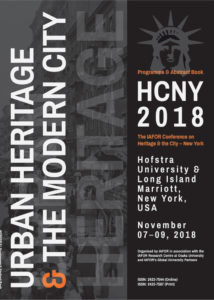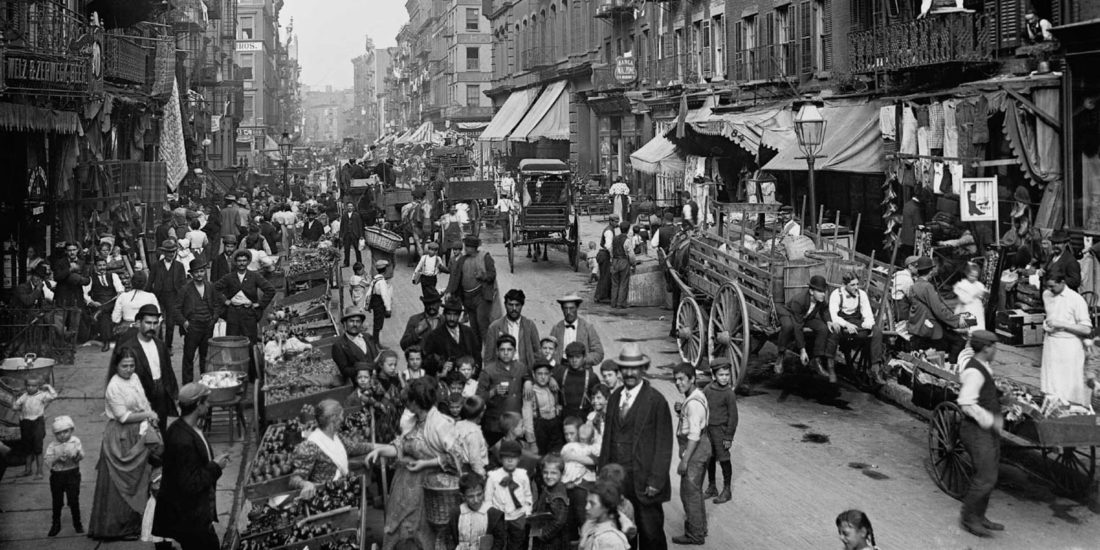 The IAFOR Conference on Heritage & the City – New York (HCNY2018), at Hofstra University, achieved the aims of an IAFOR conference. It both unpacked a complex and open framework for conceptualising and researching the world around us – heritage – and, at the same time, brought together a community of scholars to reach a shared understanding. All of this through the international, intercultural and interdisciplinary lenses that are at the heart of every IAFOR event.
The IAFOR Conference on Heritage & the City – New York (HCNY2018), at Hofstra University, achieved the aims of an IAFOR conference. It both unpacked a complex and open framework for conceptualising and researching the world around us – heritage – and, at the same time, brought together a community of scholars to reach a shared understanding. All of this through the international, intercultural and interdisciplinary lenses that are at the heart of every IAFOR event.
As our second event of 2018 in New York, this conference built on Third Annual Multi-stakeholder Forum on Science, Technology and Innovation for the Sustainable Development Goals (STI Forum 2018), held at the United Nations in June, and our series of conferences in Hawaii, to bring our international perspective and values to an America which sometimes seems sorely in need of them.
These were well represented by the highlighted speakers of the conference: Keynote Speaker, Mark Lukasiewicz, from Hofstra University (USA); IAFOR Grant and Scholarship Recipients Ioannis Vardapolous, from Harakopio University (Greece), and H. Kübra Gür Düzgün, from Mimar Sina Fine Arts University (Turkey); and Featured Panelists Ljiljana Markovic, from the University of Belgrade (Serbia), and Alfonso J. García Osuna, and Gregory Pell, both from Hofstra University (USA).
In his opening Keynote Presentation, “Alternative Facts: the Shifting Realities of Community, Media and Public Opinion”, Mark Lukasiewicz had the unenviable task of addressing the precarious state of liberty, political discourse, the need for community, and a search for new and stronger norms of public behaviour within hours of the closing of the electoral polls in the United States. After his talk, he apologised for “being so depressing,” but many of us present had already been despairing the current state of affairs for at least two years. As a community of scholars devoted to inquiry and education, it is incumbent upon us to seek some better outcome, else why engage at all as we do? This group got to grips with the questions of new norms creation in a vigorous discussion that spilled over into dinner.
During the second day’s Featured Panel, our Panelists and many of the participants in the extended question and answer discussion period, picked up some on the points of Professor Lukasiewicz’s talk and turned them to our theme of Urban Heritage and the Modern City. How do we understand the shifting realities around us? In fact, these shifts are part of what heritage consists of; more than the simplistic idea of conservation or maintenance, heritage can be both the truths we wish to transmit and those we wish to hide: the lies which we tell each other that become part of the layers of the city. Indeed layers, sediment, and stratification were touchstones of the panel and of many of the presentations during the three days of exchanging ideas.

